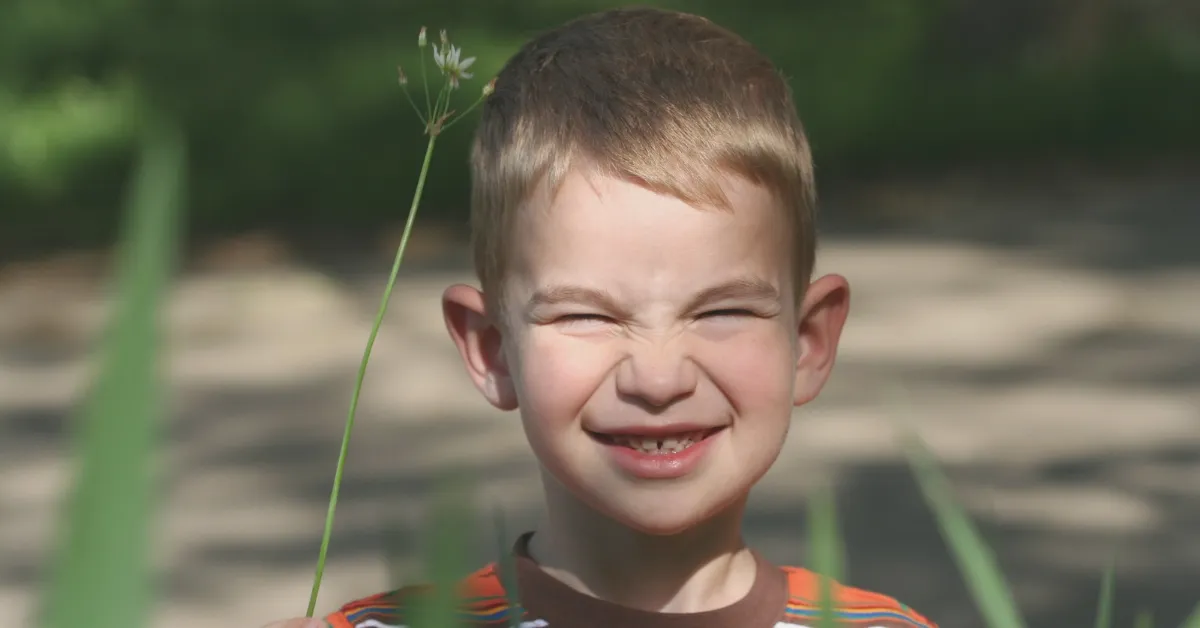Sometimes, when you notice your child squint or tilt their head to see, it may raise a red flag for parents. While squinting may appear like a minor habit, it typically signals some underlying vision problems in kids nowadays, especially when vision problems in kids are quite common. In fact, according to the American Optometric Association, every one of four school-going kids experiences vision problems that may impact their learning.
Read below this article to explore the top seven signs of vision trouble in kids.
Top seven signs of vision trouble in kids.
Squinting or Covering One Eye
One of the most common signs of vision problems in kids is squinting. If you notice your child frequently squinting while watching TV, reading, or looking at distant objects, it may be an indication that they are trying to focus better. Squinting reduces the amount of light entering the eye, which can make it easier to see more clearly if there’s a vision trouble, such as nearsightedness.
Frequent Headache Complaints
If your child often complains about headaches, particularly after reading or using a computer, this might be a sign of eye stress. Kids who have uncorrected vision often tend to overwork their eyes, resulting in tension headaches. Moreover, according to the National Eye Institute, eye strain and fatigue are common symptoms of both nearsightedness and farsightedness, and headaches are a common outcome.
Poor Performance at School
Most children who suffer from vision troubles face difficulty in school. If your child has trouble reading the board, completing assignments, or reading, he might be experiencing difficulty in seeing things clearly or experiencing visual discomfort. Did you know that according to a recent survey, almost 70 percent of kids who fail at reading have undiagnosed vision problems that make learning harder? Most kids don’t know how to express that they’re facing difficulty in seeing and end up with poor grades or disinterest in schoolwork. Therefore, regular eye checkups are essential.
Tilting the Head or Covering One Eye
If you notice your child tilting their head to one side when watching TV, reading, looking at a distant thing, or even covering one eye to see better, these behaviors can be a sign of serious vision concerns, such as lazy eye or a significant difference in vision between the two eyes. In fact, a study revealed that 1 in 50 children is affected by amblyopia, which, if left untreated, can lead to permanent vision loss in one eye.
Difficulty Reading or Writing
Does your child struggle while reading or have trouble writing neatly? It might be a sign they are not able to see words clearly. According to The Vision Council, nearly 25 percent of children between ages 6-17 experience difficulty with reading and writing due to undiagnosed visual troubles.
Blurred Vision or Eye Redness
Blurred vision, especially when your child comes and goes, is another essential indication that signals eye conditions, such as nearsightedness or farsightedness or other serious concerns. Moreover, redness or irritation in the eyes can sometimes be associated with stress pertaining to uncorrected vision issues.
Increased Light Sensitivity
If your child frequently complains about light being too bright or is often seen squinting, this may be a sign of light sensitivity, a common symptom of eye problems like astigmatism, cataracts, or an eye infection. It’s also a sign of potential strain from trying to focus.
Takeaway
Even though some signs might seem like a minor concern, they might be an important indication of vision problems in kids. Therefore, regular eye checkups are important to ensure healthy eyesight. After all, the earlier it is detected, the easier it is to treat. If you notice any signs in your kids, reach out to an eye care specialist at the earliest.








